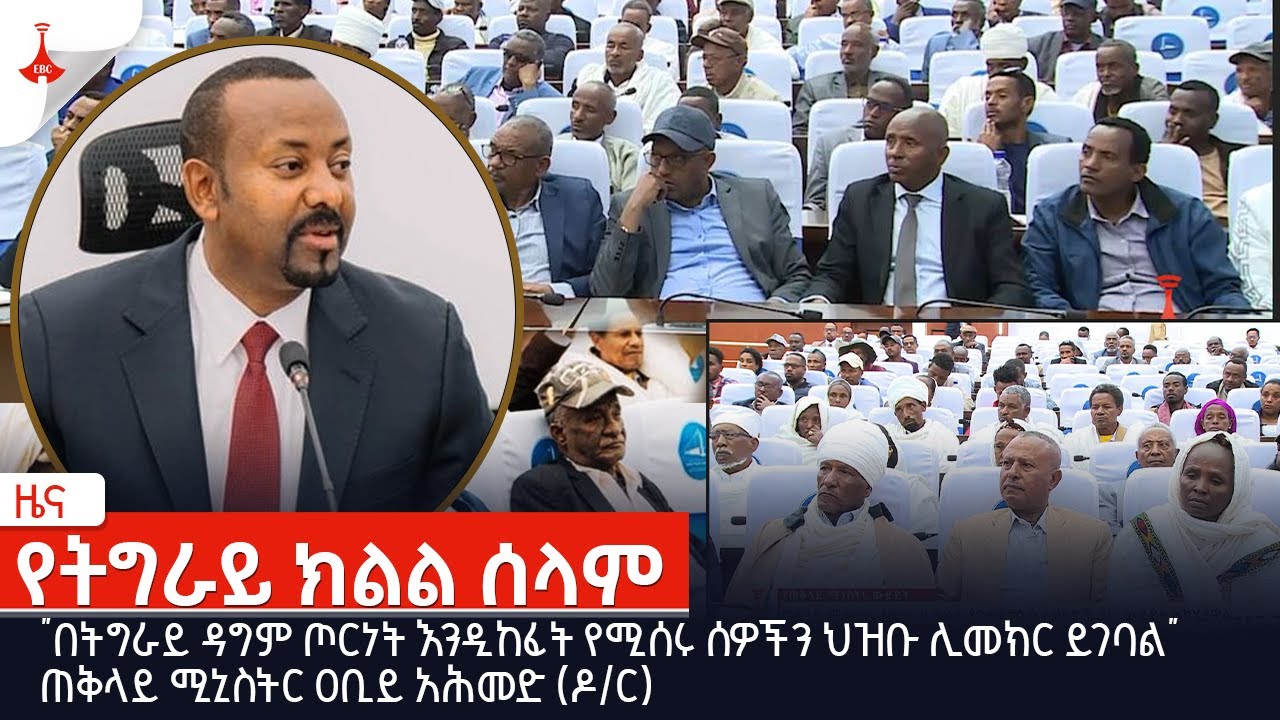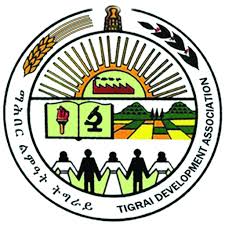UMD Media, January 2, 2025
A two-day meeting involving senior leaders of the Tigray Interim Regional Administration (TIRA) concluded on Thursday. The gathering, held on January 1 and 2, included the President of TIRA, Cabinet members, Vice Presidents, Front Commanders of the Tigray Defense Force (TDF), Zonal Administrators, as well as the Commissioner and Deputy Commissioner of the Tigray Police. Sources disclosed that several resolutions were reached to address political and security priorities in the region including:
- A diverse and inclusive advisory council will be established and begin work immediately to provide guidance on critical issues. The directive to establish an advisory council was adopted by the TIRA Cabinet 292 days ago, on March 16, 2024. However, its implementation was delayed due to opposition from the TPLF faction led by Debretsion Gebremichael, who instructed zones and districts not to send representatives.
- The Tigray Defense Force will remain uninvolved in factional politics within the region, refraining from participating in reconciliation or any related efforts.
- TIRA will reaffirm its exclusive authority over the use of force within the region, emphasizing that this monopoly of violence must be demonstrated in practice.
- Officials appointed by TIRA for Mekelle, the NorthWestern Zone, and the Central Zone will assume their roles without delay.
- Meetings that delay or obstruct the return of internally displaced persons (IDPs) to their homes or the restoration of Tigray’s territorial lands will no longer be permitted.
- Measures will be taken to bolster the capacity of the Tigray police and militia to ensure internal security and peace.
- The Disarmament, Demobilization, and Reintegration (DDR) process, aligned with the provisions of the Pretoria Agreement, will be implemented without delay.
Sources informed UMD Media that TIRA’s President Getachew Reda will soon provide a detailed briefing on the outcomes and implications of the meeting.
This meeting is regarded as an important step for the Tigray region, laying out a framework to address governance, security, and humanitarian challenges as part of the broader post-conflict recovery efforts.


